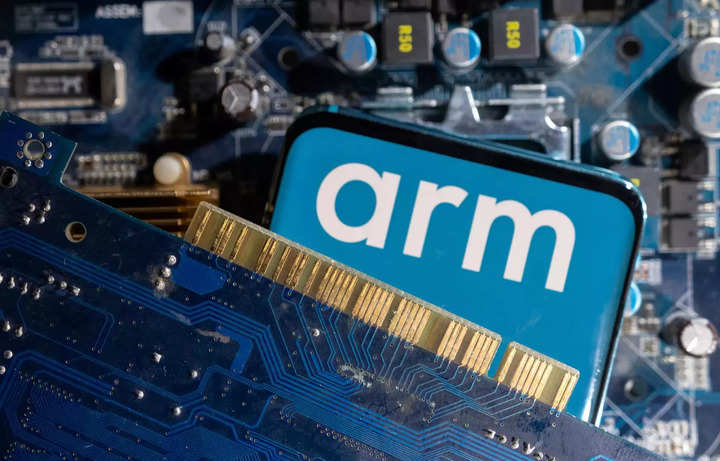
Arm Holdings, the company that designs CPU cores used in chips, has laid off over 70 software engineers working in China. The Britain-based company will, however, relocate some of the roles outside of the country, a report has claimed.
Citing people with knowledge of the move, a report by Bloomberg claims that about 15 of the laid off staff will be offered different roles and will work on China-related projects.
The decision comes soon after other major chip makers, including Qualcomm, have cut back on the global staffing level as they are hit by the demand-hit downturn in the semiconductor industry.
“In order to ensure that the China Software Ecosystem can fully maximise the benefits of Arm performance and features, Arm is restructuring its China software engineering resources to focus on direct support for local developers,” the company said, without mentioning the number of jobs that have been eliminated.
Contract workers filling the void
The report also said that the jobs that are now vacant are being filled by contract software engineers who have worked on projects that span Arm’s business around the world.
Earlier this year, Arm’s Chinese entity let go of over 100 employees, most of them working in the research and development unit to create new chip technology for the local market, the people were cited as saying.
Why tech companies are interested in Arm
Arm’s technology is essential to nearly all mobile phones as major technology companies, including Apple, Samsung, Google and Qualcomm rely on Arm’s processor design to develop their own chips.
Apple’s A-series chips, Samsung’s Exynos, Google Tensor, and others are manufactured on Arms design. Amazon’s cloud unit, Amazon Web Services, makes its processing chip called Graviton using Arm's design.
Earlier this year, reports suggested that several tech companies rushed to invest in the company ahead of its IPO. It raised $4.87 billion in an initial public offering.
FacebookTwitterLinkedin
end of article

 4 months ago
112
4 months ago
112



